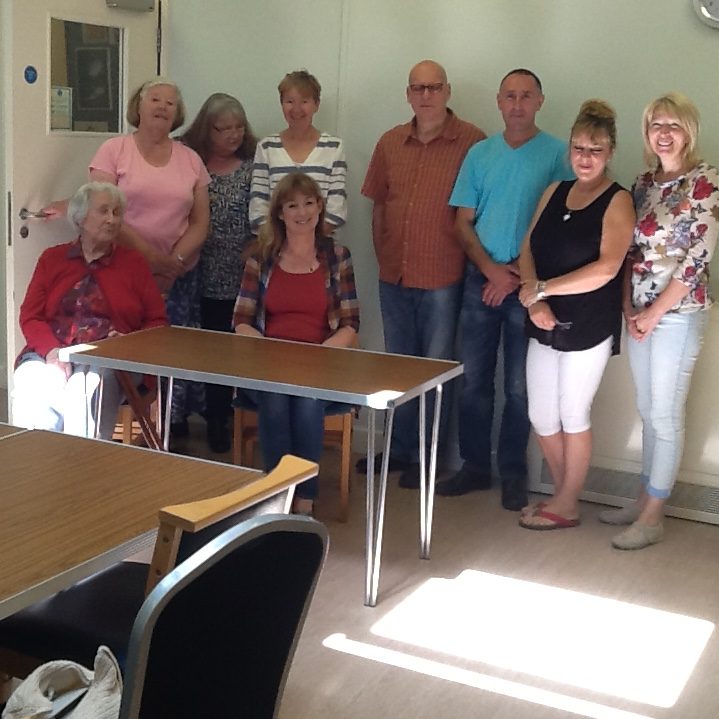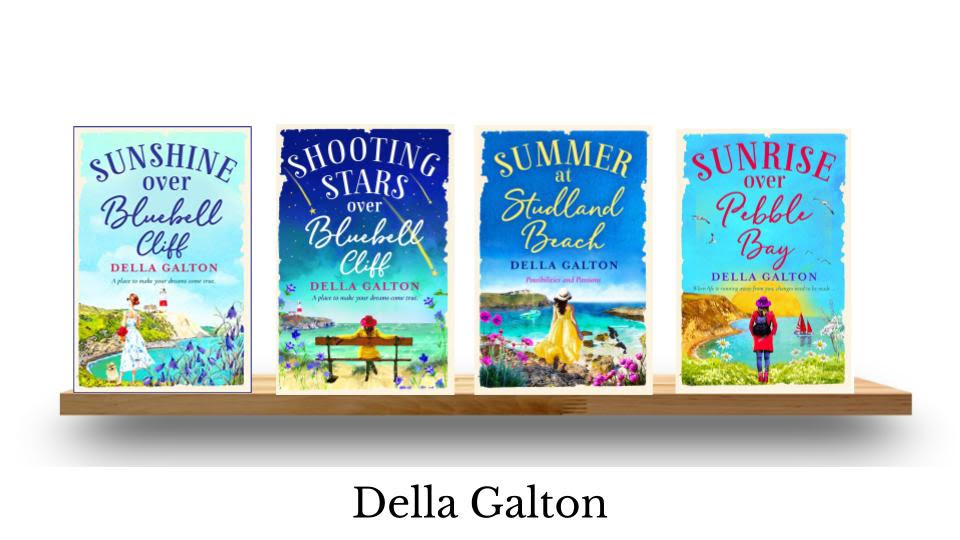As we know dialogue in fiction – or non fiction – has several functions:
It characterises, i.e. it shows the reader what our characters are like.
It moves the plot along, i.e. it helps to unfold the story.
It adds pace by breaking up the narrative.
It should do these things while sounding very natural, and this in itself can be quite a skill. It’s very tempting to put chunks of information into dialogue that don’t sound natural.
Example one
Karen sat back in her chair and looked at her friend, Annie. “So how does it feel now that your eighteen-year-old boy, Jack, has left home to go to university,” she asked.
“It doesn’t feel very good to be honest,” Annie replied. “I feel as though the house is too big for me. It would be better if Charlie hadn’t run off with his much younger blonde secretary six months ago.”
Karen sighed. “Yes, it must be very hard for you suddenly having a four bedroom house all to yourself and I guess you aren’t as rich as you used to be either now that you have lost your well paid job at the bookmakers.”
This dialogue is certainly moving the plot along at a rapid pace, but does it sound real? Would these two women really speak like this to each other? Would they say these things? How could this section of dialogue be improved?
Try writing it again conveying the same information but making it sound more natural.
Watch out for dialogue tags. It’s not always necessary to use the words, he said, she said etc. It’s also not necessary to vary the speech very often. This can make dialogue sound unnatural too.
Technically
Dialogue should be indented. Every time a new person speaks they should have a new line. Quotation marks go outside the punctuation.




